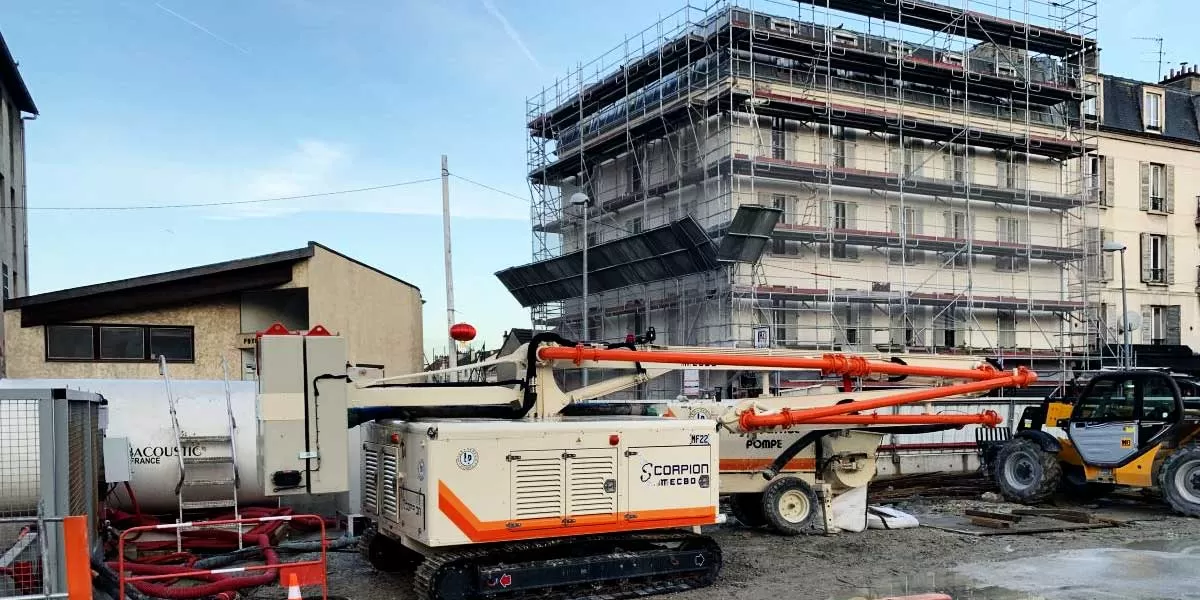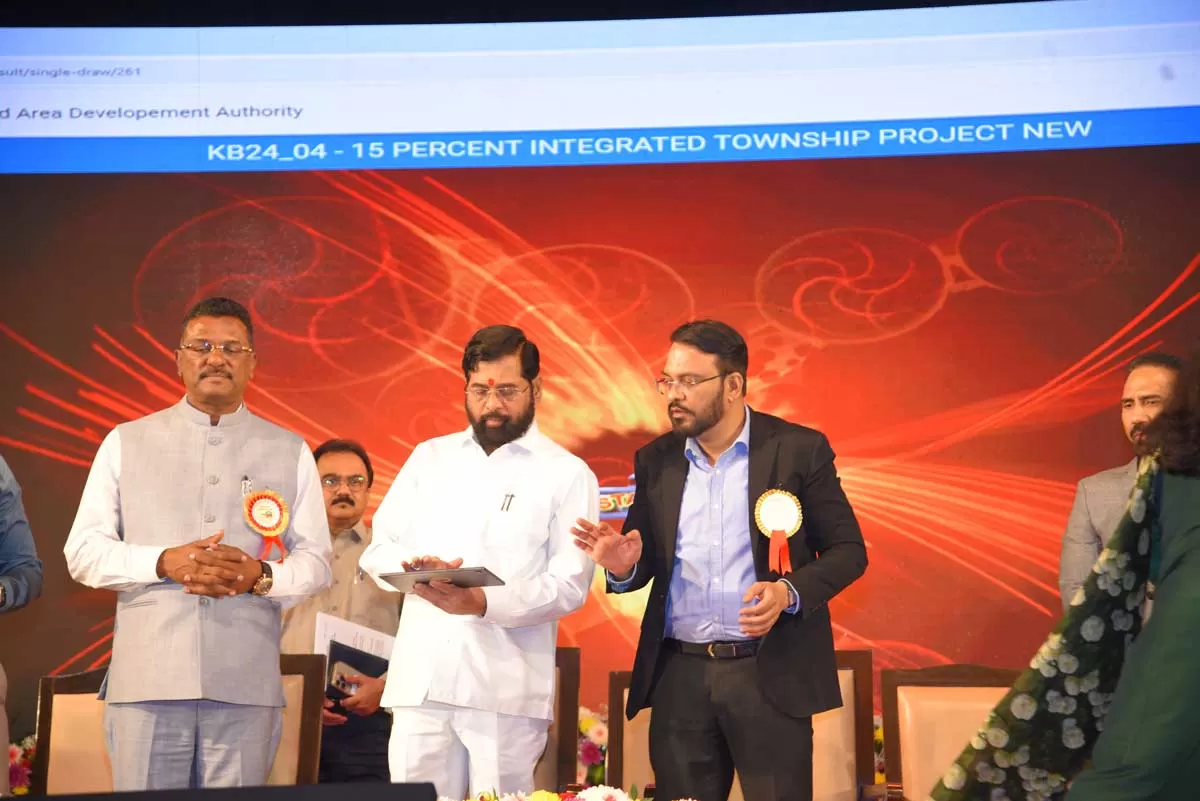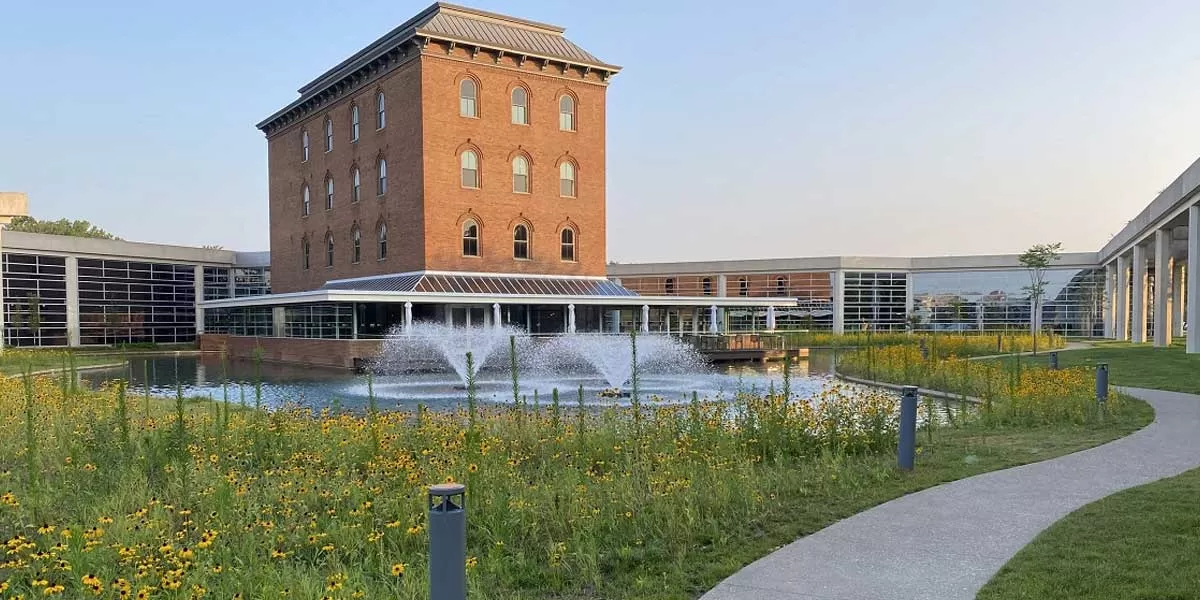The Indian economy has in place the blueprint to evolve into the magic number of $5 trillion, but the upcoming Budget has more pressing and urgent issues that cry out for attention – and remedial action. Real estate and urban infrastructure play a crucial role in boosting the economy; which calls for immediate support in terms of ease of the liquidity crisis; boost rental housing and also rationalise personal and other forms of taxation.
Dr Niranjan Hiranandani, National President, NAREDCO, says, “Growth of Real estate and Urban infrastructure is imperative to provide an impetus to India’s economic growth. A fiscal stimulus to the real estate sector will have a manifold affect on 269 allied industries with a multi-dimensional impact on enhancing the GDP growth inclusive of employment creation. It will play a pivotal role in achieving an ambitious target of $5 trillion economy”.
In this Budget 2020, the Indian real estate sector expects a holistic solution rather than the piece-meal solutions that have been offered so far. The problem of liquidity is a complex one, what is needed is a resolution with execution speed – so, there is a need for ‘acceleration’, and NAREDCO hopes that the Finance Minister does the needful in the upcoming Budget proposals.
Industry Inc looks forward to the bold fiscal measures in key areas of concerns as follows:
Liquidity issue: Real Estate Industry is facing serious challenges related to liquidity crunch which needs bold fiscal measures for resurrecting the reeling industry. The industry has been demanding a restructuring of loans or a one-time roll-over in case of the stressed assets at the options of banks. In such cases the borrower will retain the asset classification of the restructured standard accounts as standard and the same will not be treated as NPA.
Interest rates and home loans: Interest rates on Home Loans shall be reduced to 7 per cent per annum and the benefit of a rate cut should transmit to end-users in order to revive the demand.
Stamp duty: Reduction in stamp duty by 50 per cent for all real estate transactions registered on or before March 31, 2020, shall induce the fence-sitters to turn into the actual home buyers spurring up the demand and consumption.
Incentivise rental housing: To achieve the target of Housing for All by 2022, rental housing will play a vital role. With rapid urbanisation and migration, there is a huge need of developing a rental housing model to befit the need of the ever-increasing population in urban areas. In order to achieve this, we have recommended some tax incentives.
Redefine affordable housing: Recently, the definition of affordable housing has been amended in GST and Income Tax Laws and as a result, the affordable tenement has to meet the dual condition of the area and also the price cap of Rs 45 lakh. As a result, almost all the houses in the MMR and most of the houses in NCR and other metros do not qualify as “affordable housing” resulting in the loss of benefit of reduced GST rate of 1 per cent and also the benefit of tax exemption from such projects. We recommend that the condition related to a price cap of Rs 45 lakh be immediately abolished and the benefits are restored to all the houses which have an area less than 60/90 sq m.
Taxation spectrum: There are provisions that create genuine hardships to real estate developers, who are already under pressure in the on-going sluggish market. The real estate industry is already struggling with large unsold inventories. Taxing notional rent (Section 23(5) of the Income Tax Act), after one year from the end of the financial year in which completion certificate is received from the competent authority, will lead to severe financial implications for the developer/industry. It may also lead to no new projects being launched, if sales remain low, which in turn will defeat the mission of the Government to provide “Housing for All” by 2022.
Real estate expects support from the Budget to be able to play its role in GDP growth; because it is not going through the best of times. Buyer interest has been erratic at best; sales have plummeted to historic lows. Hopefully, the Budget will offer fresh stimulus for real estate as the sector has had to deal with a series of disruptions.
Reducing and rationalising taxation rates is an opportunity of creating a disposable surplus in the hands of the citizen, and this will go a long way in pushing consumption; effectively enhancing turnover for industries across the economy. Similarly, real estate developers also need support in the form of revised norms for loans to real estate developers. If real estate gets a boost, it will positively impact the economy as also GDP growth, and NAREDCO hopes that the upcoming budget shall encapsulate major positive measures for one of the core sectors for economic growth acceleration.

















